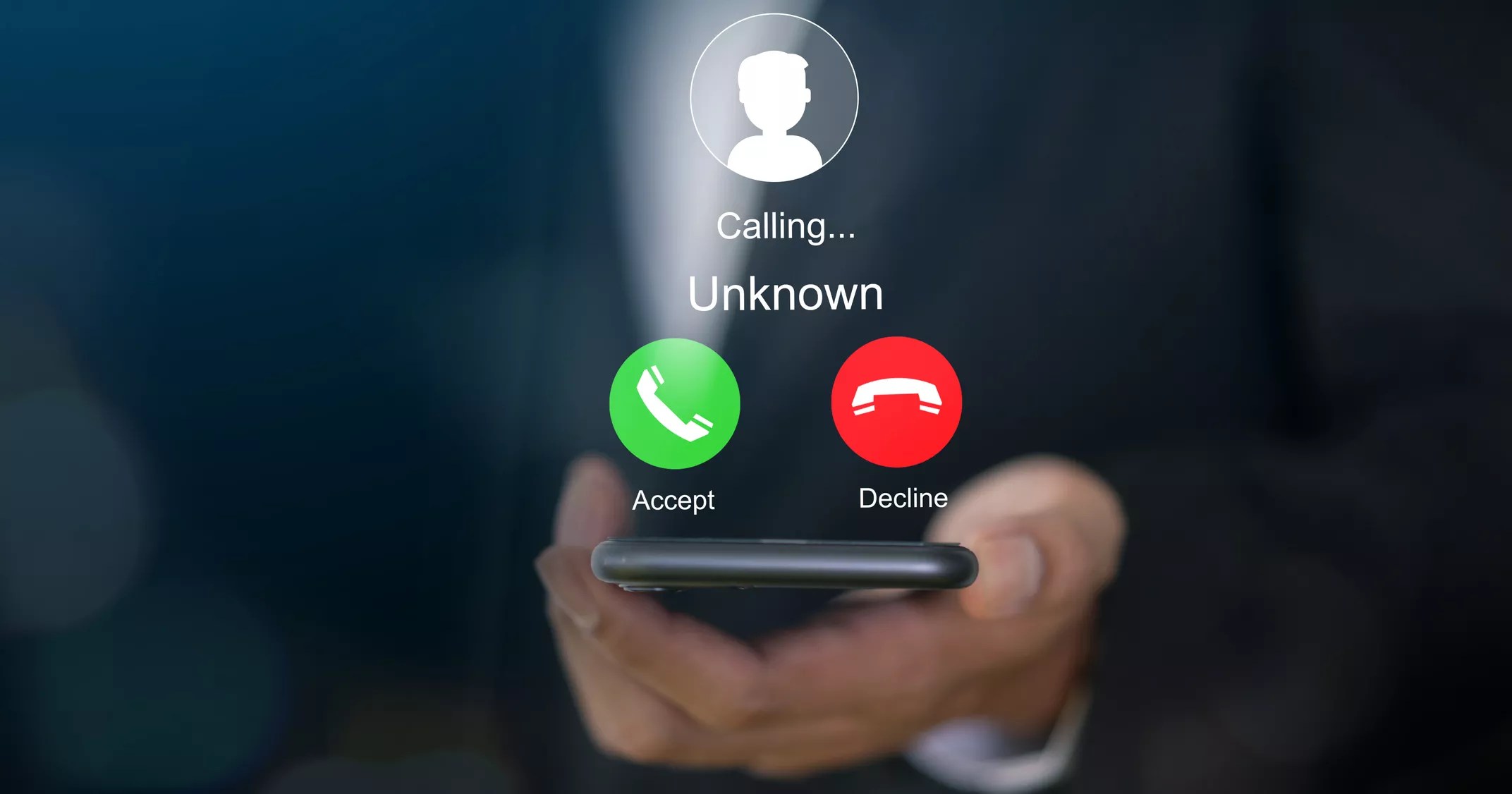
Thitima Uthaiburom/Getty Images

Audio By Carbonatix
The call was bad news.
On the line was someone with the Maricopa County Sheriff’s Office, gravely informing Molly that there was a warrant for her arrest. She had missed jury duty, she was told, and needed to pay restitution to avoid arrest. The cop recited her full name, current address, a citation number and talked about verifying her signature on a certified letter, which she would need to do at the sheriff’s office in downtown Phoenix.
That began a 40-minute journey for Molly, for whom Phoenix New Times is using a pseudonym to protect her identity. She was told to stay on the phone while she drove from her mother’s house in Sun City to the sheriff’s office, or she’d be arrested. The deputy, who sported a strong Texas accent, told her she’d need to pay $1,000 each for two charges related to missing jury duty to avoid being arrested for contempt of court.
But Molly had just lost her sales job at a banking company and didn’t have that kind of money. Citing that she “qualified for hardship,” the officer said he could bump her total down 20% to $800 each. He told her that if her story checked out, the sheriff’s office would be able to clear her and get her money back.
Then, he sent her a text with a Walgreens barcode that would allow her to send money. She stopped at her bank and then at a Walgreens to deposit $400 onto the digital gift card. Still $400 short, the officer sternly instructed her to repeat the process. Each time she stopped at a location, the officer instructed her to repeat her name, the date, the time and her mileage.
Freaked out, she transferred $800 and continued driving toward the sheriff’s office. Shortly after she wired the second deposit, the call dropped. Molly called the officer back several times before the phone said it was out of service. She pulled into the sheriff’s office to find it closed, only then realizing she had been scammed.
The county sheriff was not after her. She had not missed jury duty. There was no warrant for her arrest. She had been bilked out of hundreds of dollars.
“After he got the money, he didn’t need me anymore,” she told Phoenix New Times. “He wasn’t there waiting at the sheriff’s office, like he had told me.”
After the nearly hour-long goose chase, Molly was “completely wiped.” She felt enormous pressure and psychological stress from the threat of having to “stay on the phone or else you’re going to get arrested.”
“This is just frustrating to no end,” Molly said.
Monday night, Molly shared her experience on the Phoenix subreddit, hoping to warn others.”I’m highly embarrassed about this,” she wrote. “Of course, looking back, I see all the red flags. But I don’t want anyone else to deal with this.”
She was far from alone. Dozens of other users had received a similar phone call attempting the same scam. Others shared experiences of Amazon calling them to “validate my pending return,” only for it to be a scammer looking to get into their account.

The office of Arizona Attorney General Kris Mayes warned of scammers impersonating government officials earlier this month.
Kevin Hurley
Scams abound
These scams have also garnered the attention of the Maricopa County Sheriff’s Office – the real one – which has received “numerous complaints from citizens around the county” who have been similarly scammed, Undersheriff Jerry Gentry said in a video. By pretending to be a sheriff’s deputy, scammers are able to implement the scheme to scare money out of residents under threat of arrest. This threat gets victims to quickly pay for a citation, warrant or other fee with cryptocurrency and gift cards, or by wire transfer and courier.
Callers who do find themselves on the phone with someone claiming to be from a law enforcement agency should hang up and “contact that department directly” to “verify that this contact was legit,” Phoenix Police Department public information officer Rob Scherer said in a statement. In a public service announcement video about the scams, Sgt. Joaquin Enriquez of the sheriff’s office said the agency will verify that it was a scam.
“No law enforcement agency will ever call you and ask you for money,” said sheriff’s deputy Mark Dibone in the video. Communication about jury duty goes through the U.S. mail, meaning that “no one is ever going to call you or text you or email you about missing jury duty,” he said. “You also will never have a warrant for your arrest for missing jury duty.”
The jury duty scam is just one of many that involve grifters “impersonating government agencies,” according to a consumer alert issued by the Arizona Attorney General’s Office on June 11. Scammers have also claimed to represent the Arizona Department of Transportation, the U.S. Postal Service, Pima County Superior Court and even the non-existent Arizona Ministry of Communications.
“Government agencies will never call, email, text or message you out of the blue to ask for money or personal information,” Arizona Attorney General Kris Mayes said in a statement. “Only a scammer will do that.”
Through the use of artificial intelligence, scammers have also gotten “very, very sophisticated,” Gentry said in the sheriff’s office PSA. They’re able to do things like make it seem “like you’re being transferred to someone legitimately at the sheriff’s office. But just rest assured that nobody from MCSO is going to contact you and ask you to pay for a warrant.”
How can you identify it as a scam? Both the sheriff’s office and the attorney general outlined some tips.
If someone calls you asking for payment through gift cards, cryptocurrency or a courier coming to your home to pick up cash, gold or other precious metals, it’s highly likely that it’s a scam, the sheriff’s office said. Instead of remaining on the line, consumers should hang up the phone and not respond.
Consumers should also ignore messages from unknown numbers claiming to be government agencies, financial institutions, shippers or private companies, according to the attorney general’s office. Additional red flags include misspelled words and directions from the scammer that push consumers to act quickly. Users shouldn’t click any links and should delete the messages.
Phone users can also protect themselves before that unknown number even flashes up on the screen by protecting sensitive account information, such as bank accounts, health records and social media accounts, through multi-factor authentication. Filters can be added to block scam texts as well as robocalls. Devices should also be updated to have the most recent security available.
Residents should also report these suspected scam texts using the phone’s “report junk” option. If consumers are victimized by of one of these scams – which can happen even to the savviest people – they can file a consumer complaint on the attorney general’s website or with the Federal Trade Commission.